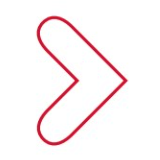
Space Engineering
Bachelor of Engineering (B.Eng.)
Design space tech like satellites and spacecraft to power navigation, communication and next-gen innovation!
Entry in:
Fall or Winter
#1 in Canada
for Aerospace Engineering
One-of-a-kind
Canada’s only dedicated Space Engineering program
Program Overview
Want to build satellites, spacecraft, and robotics that power space missions and global communication? In Lassonde’s Space Engineering program you’ll design and operate advanced space systems for Earth and beyond. The program offers:
Hands-on Space Tech – Design, build and test real satellite hardware, space robotics, and flight systems in state-of-the-art labs and research facilities, including access to Canada’s largest steerable antenna.
Gain up to 20 months of paid co-op experience – Collaborate on real missions with NASA, the Canadian Space Agency, and leading companies such as MDA, Kepler, and Magellan Aerospace, contributing to the design, testing and operation of space systems.
Launch a Future-Proof Career – With space innovation booming in Canada, graduates work in satellite communications, spacecraft design, robotics, AI-enabled systems, and space policy—at SpaceX, Honeywell, Tesla, and beyond.
Why Space Engineering at Lassonde?
Whether you’re passionate about spacecraft design, mission planning, robotics or space science, this program will prepare you for a career at the cutting edge of the fast-growing space sector.
Hands-on learning & lab experiences
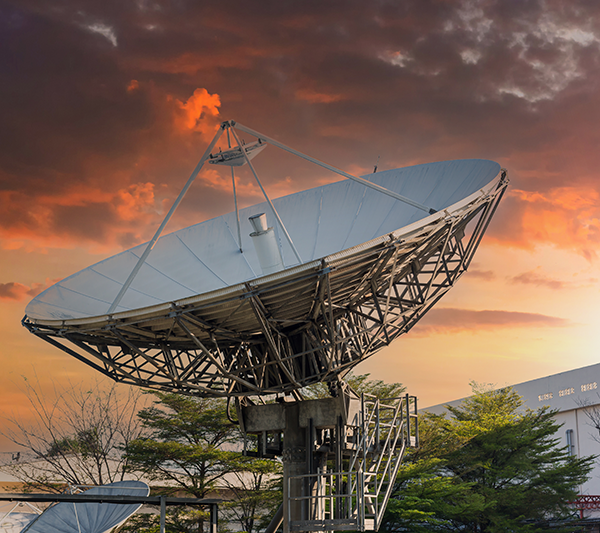
Satellite Communications
Work with a parabolic antenna to send and receive radio signals, gaining practical experience in space communication systems.

Flight Software Development
Program and test autonomous systems used in space missions.
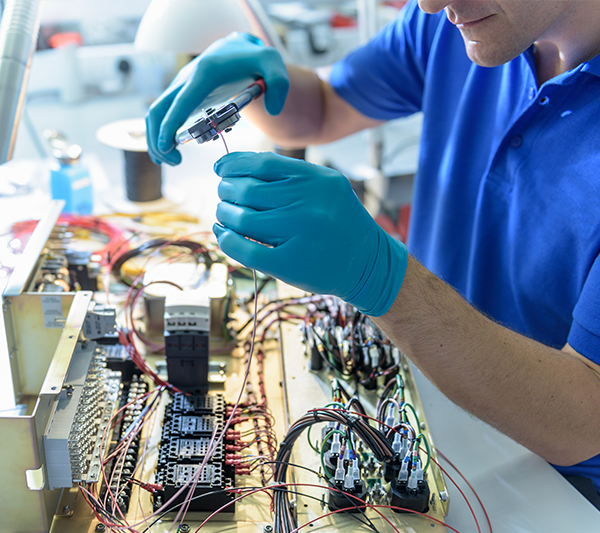
Hardware Testing for Spaceflight
Gain experience with industry-standard test methods before components go into space.
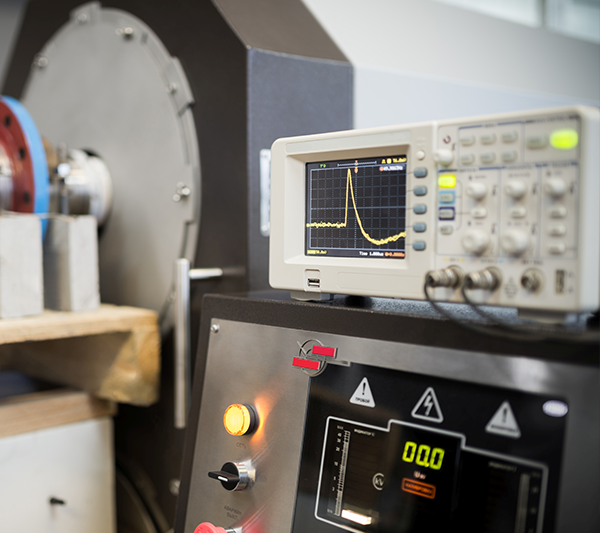
Vibration Testing Facility
Utilize state-of-the-art equipment capable of subjecting components and systems to vibration loads up to 1600 kg-force, simulating the rigorous conditions of spaceflight to ensure reliability and performance.
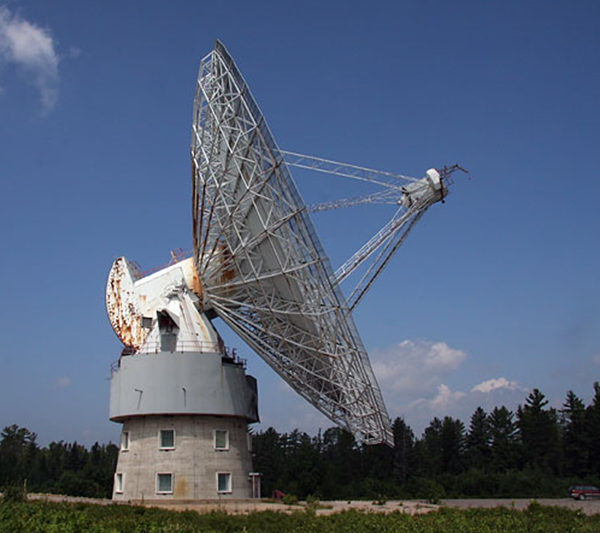
The Algonquin Radio Observatory
As part of their studies, 4th-year Space Engineering students use Canada’s largest fully steerable antenna to track GPS satellites, applying real-world techniques in satellite navigation and deep-space communication.

Control & Mechatronics Laboratory
Explore how spacecraft and aerospace systems maintain stability and precision. Using the Quanser AERO, a dual-motor experiment platform, students gain hands-on experience with real-time control systems, essential for spacecraft attitude control, drone navigation, and robotic autonomy.
“My goal was to make sure that my students have hands-on experience so they can graduate and do well in their career.”
— Professor Regina Lee, Space Engineering, on supervising student teams who designed and tested CubeSat components for real satellite missions preparing for launch.

Launch Your Career in the Space Industry
Beyond Aerospace: Expanding Career Horizons
Graduates of our program have secured careers with top space agencies, aerospace companies, and cutting-edge startups, including:
Where Our Grads Work
Canadian Space Agency
Supporting national space missions and technology development.
MDA
Communications satellites, earth & space observation, space exploration & infrastructure.
Magellan Aerospace
Innovating in defense, aerospace, and avionics.
General Dynamics
Developing next-generation space and defense solutions.
Kepler Communications
Expanding global connectivity with satellite networks.
Telesat Ottawa
Advancing satellite communications and broadband networks.
Loonify Space
Engineering novel space technologies and satellite systems.
EADS Astrium
Designing advanced satellite and spacecraft solutions.
Grad Success Stories
Important information for applicants
Course Details
Sample First-Year Schedules
ENGINEERING
Year One Common Core
Fall Term
• Class • Lab • Tutorial
Monday
Applied Calculus
Applied Linear Algebra
Engineering Mechanics
Computational Thinking Through Mechatronics
Tuesday
Renaissance Engineering I
Computational Thinking Through Mechatronics
Wednesday
Applied Calculus
Applied Linear Algebra
Engineering Mechanics
Computational Thinking Through Mechatronics
Thursday
Renaissance Engineering I
Renaissance Engineering I
Engineering Mechanics
Friday
Engineering Mechanics
Applied Calculus
Applied Linear Algebra
Engineering Mechanics
Computational Thinking Through Mechatronics
ENGINEERING
Year One Common Core
Winter Term
• Class • Lab • Tutorial
Monday
Applied Calculus II
Object Oriented Programming
Electricity, Magnetism and Optics
Discrete Mathematics OR The Earth Environment
The Earth Environment
Tuesday
Materials Science for Engineers
Renaissance Engineering II
Materials Science for Engineers
Object Oriented Programming
Wednesday
Applied Calculus II
Object Oriented Programming
Electricity, Magnetism & Optics
Discrete Mathematics OR The Earth Environment
Materials Science for Engineers
Thursday
Renaissance Engineering II
Renaissance Engineering II
Materials Science for Engineers
Electricity, Magnetism & Optics
Friday
Electricity, Magnetism & Optics
Applied Calculus II
Object Oriented Programming
Electricity, Magnetism & Optics
Discrete Mathematics OR The Earth Environment
First-Year Core Courses
All engineering students at Lassonde complete a common first-year curriculum. Courses include:
- Applied Calculus & Linear Algebra – Essential math skills for engineering problem-solving.
- Engineering Mechanics – Understanding forces, motion, and structures.
- Electricity, Magnetism & Optics – The physics behind modern space technology.
- Computational Thinking Through Mechatronics – Learn the basics of programming and automation.
- Materials Science for Engineers – Study materials used in spacecraft and space environments.
- Renaissance Engineering – A multidisciplinary approach to solving engineering challenges.
Specialized Space Engineering Courses
As you progress, your studies will focus on designing, building, and operating space systems, with courses that provide hands-on experience in key areas:
Connect with Us
Join a community of change makers. Join Lassonde.
